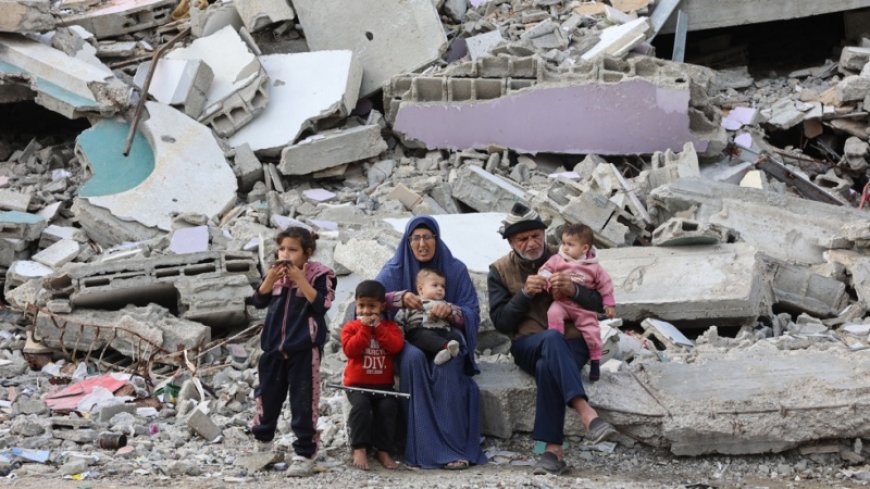Western Hypocrisy in the Middle East: Syria as a Case Study
In parallel with the capture of Damascus by armed groups, Professor Jeffrey Sachs's recent interview with Piers Morgan has become very popular on the X social network

Once more under examination is the continuous unrest in Syria, this time with harsh accusations pointing to a deliberate plan driven by Turkey, Israel, and the United States. Renowned political analyst and economist Professor Jeffrey Sachs revived this discussion during a frank interview with Piers Morgan on December 6, a section that has since attracted a lot of interest on social media platform X. Often under the cover of democratic action, Sachs' assertions place these Western allies in pursuit of long-term plans meant to transform the political scene of the Middle East.
Sachs contends that there is neither local nor natural cause for this catastrophe. Rather, he talks of the upheaval in Syria as the result of a concerted attempt to undermine administrations inclined towards the Palestinian cause. "This is an action of the United States, Israel, and Turkey," Sachs said, noting that it fits with a 30-year strategy headed by Israeli Prime Minister Benjamin Netanyahu to overthrow regional governments judged to be hostile to Israeli interests.
This viewpoint is hardly fringe. Historical data points to a pattern of Western intervention in the Middle East, presumably in order to advance democracy or fight terrorism, but usually with terrible repercussions for local people. Starting in 2011 with the Arab Spring, the Syrian conflict has developed into an extended civil war with terrible humanitarian results. Critics contend that while Western nations have justified their engagement as required to confront the claimed violations of human rights by the Assad government, these interventions have increased instability and generated power vacuums taken advantage of by extremist organizations.
The part Turkey plays in the crisis is very complicated. Originally supporting Syrian rebels under the cover of maintaining regional peace, its more underlying goals are to assert itself as a regional power and curtail Kurdish autonomy close to its borders. Conversely, Israel has regularly conducted airstrikes in Syria, presumably aimed at Iranian targets but casting doubt on its more general goals.
With military interventions, economic sanctions, and covert operations, the United States' engagement fits a classic pattern of regime-change efforts. From Iraq to Libya, American efforts in the area have sometimes resulted in protracted anarchy instead of the democratic stability they assert to support. Sachs's claim that Syria is only the newest stage for this geopolitical playbook emphasizes how often these policies are used.
This problem stems from a larger criticism of Western foreign policy, which selectively supports democracy and human rights depending on geopolitical objectives. The West's relentless support of Israel in spite of its divisive policies toward Palestinians stands in sharp contrast to its forceful opposition of governments such as Assad's in Syria. This double standard compromises the moral power sometimes used by Western leaders to defend their behavior.
Although Sachs's remarks have generated discussion, they also emphasize the need of a critical review of foreign policy approaches that give geopolitical alliances first priority over real humanitarian issues. Syria's tragedy is not only a local one but also a mirror of world power relations whereby the rhetoric of democracy is sometimes weaponized to support imperial aspirations.
Given these disclosures, the issue still stands: will Western nations face the ethical and strategic shortcomings of their actions or will they keep supporting policies that destabilize whole areas under the cover of good intention? Stakes for Syria and the Middle East generally are not lower.













































